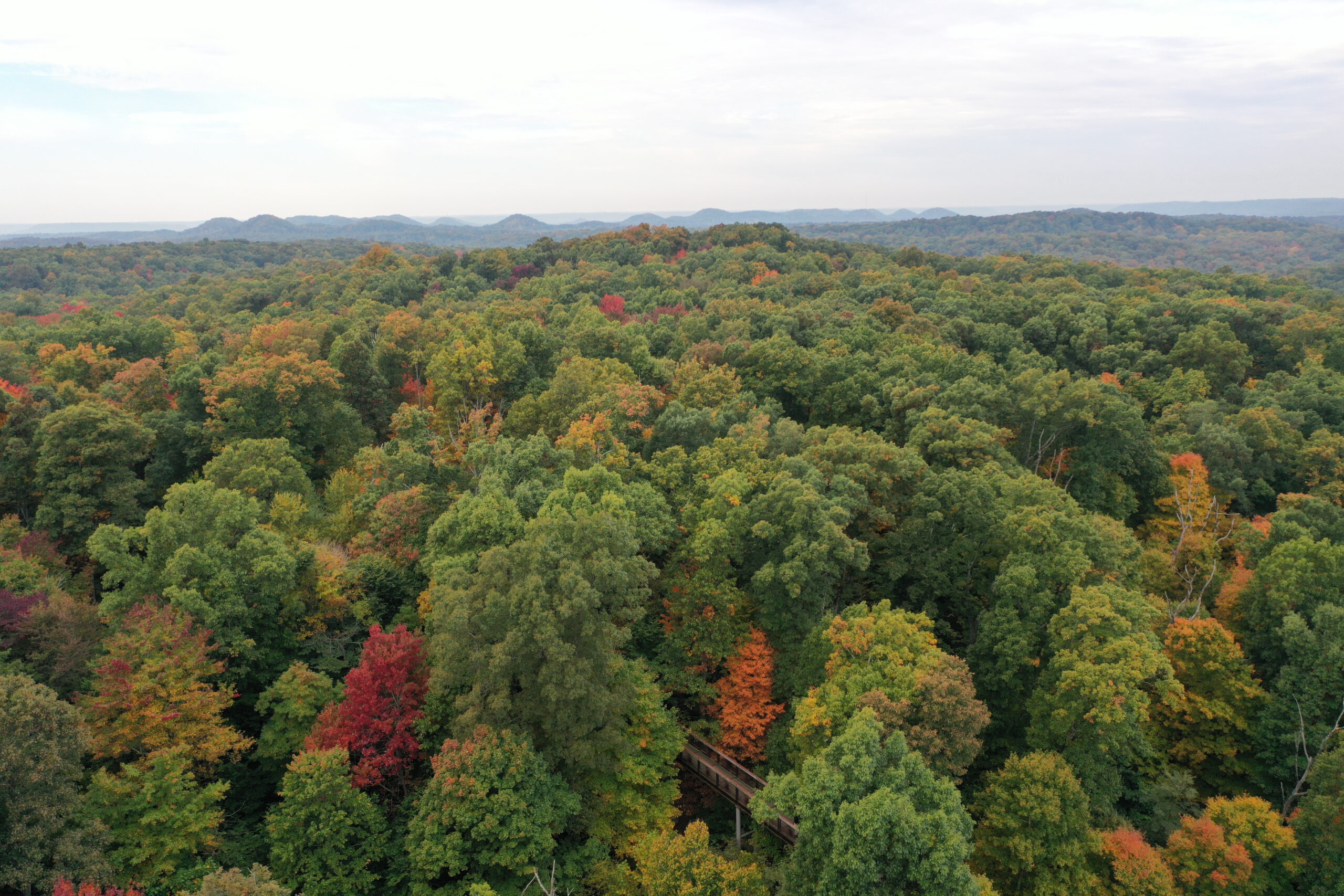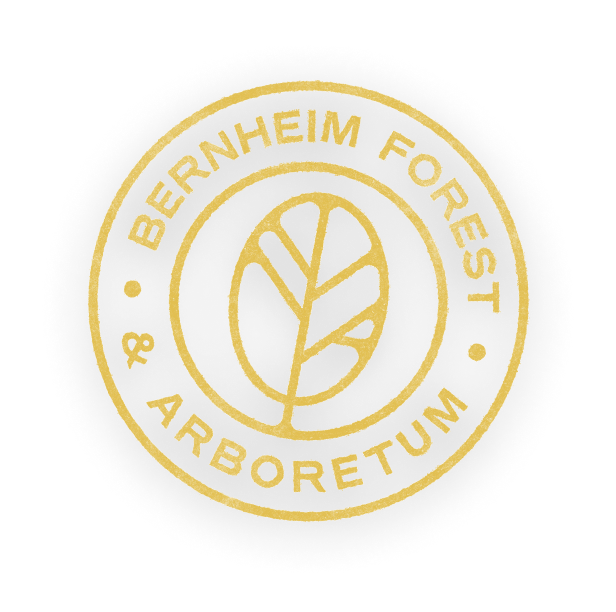By Ken Johnson
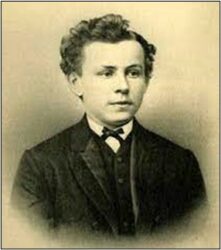
Isaac Wolfe Bernheim, the founder of Bernheim Forest, first arrived on the shores of the United States from Germany in 1867. He was a youthful looking 18-year-old with only $4 to his name and limited knowledge of English. He had many assets: good health, a very strong work ethic, and a desire to be a success. He also had several years of work experience to build upon.
He began his work life at the age of 13 as an apprentice in Freiburg doing mostly manual labor. He believed that the three years he spent at that unpaid job had taught him the value of hard work, self-reliance, and good morals. His subsequent employment as a clerk in Mannheim provided a meager amount of pay, the equivalent of about a $11 per month. He later moved on to a similar job in Frankfurt with only a slight increase in pay, but one he believed offered better chances for success in life.
He remained at that job until a new opportunity came his way. His uncle, M. Livingston, who had been visiting family in Germany, offered him a job at his yarn factory in New York City. Despite his mother’s strong reservations, Isaac believed that this was an opportunity he had to pursue. Isaac had a great fondness for America, largely rooted in his knowledge of American history. In particular, he related the struggles of the Jewish community in Germany with the efforts of Abraham Lincoln who had striven to ensure that this country remain “… dedicated to the proposition that all men are created equal”. Unfortunately, the changes in the American economy following the Civil War had hit certain businesses hard.
After a difficult voyage of just over two weeks he arrived in New York on April 8, 1867 and was disappointed to find that while he was at sea, his uncle’s company had suddenly gone out of business. He had achieved his dream of being in America but found himself in precarious financial circumstances.
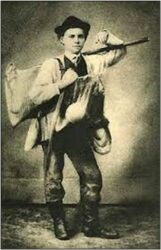
Those circumstances soon changed. With the financial support from his uncle, he set out on a career as a peddler of Yankee notions: scissors, thread, needles, handkerchiefs, etc. His base of operations was Wilkes-Barre, Pennsylvania. To attempt to sell his goods, he walked through the peaceful tree-lined roads of the Wyoming Valley to the northwest of that city and stopped at every village and farm home. In October, he expanded his business by purchasing a horse and wagon on credit and added additional items to his inventory. He was attracted to this new way of life. He liked the fresh air, the exercise, and the opportunity to improve his fluency in English and his understanding of American customs.
As the colder weather came on Isaac found a farmer in Eaton Township, named Mr. Stroh, who agreed to board his horse. Isaac settled into spending his winter in the community of Overton, a 52-mile walk from Wilkes-Barre. He immersed himself in the social life there by joining other young people in quilting and corn shucking bees, and in dancing the quadrille and square dances. Isaac fit in well and was able to further improve his English and his social skills, even teaching his new friends the German waltz.

On Sundays he visited the churches and Sunday schools of Overton and found himself welcomed in all, regardless of denomination. His contentment was evident when he turned down the generous offer of his uncle Livingston and another of his uncles, Benjamin Weille, both now living in Paducah, Kentucky, invited him to join them in their business. He was determined to continue his career as a merchant in the quiet Pennsylvania communities where he had found a home.
However, once more fate stepped in and changed his plans. Mr. Stroh sent him a letter on March 1,1868, informing him that his horse had “dide very sudant last knitte [sic]”. With no horse, diminished funds, and increased debts, Isaac reversed his decision and reluctantly left Pennsylvania for Paducah. Leaving behind many friends but far richer for the experiences, he would soon find the fertile opportunities he needed in Paducah to make his fortune.
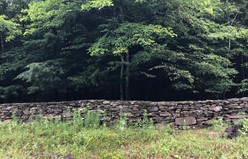
I recently had the opportunity to visit the area where Isaac first experienced America. I drove through the foothills of the Allegheny mountains, crossing the Susquehanna River and found my way from Wilkes-Barre to Overton. The community remains small in population having gone from about 550 residents in 1867 to 264 now. I experienced the beautiful green hills, the rushing streams, and small farms that have changed but little in the 153 years since Isaac travelled those same narrow winding roads. The countryside is very similar to what we experience here in the forest that bears his name. Though Isaac Bernheim never returned to Wilkes-Barre or to Overton, his life in America was better for the solid foundation that the young immigrant built there. In turn, the lives of so many of us have been enhanced by his gift of Bernheim Forest for all to enjoy.
